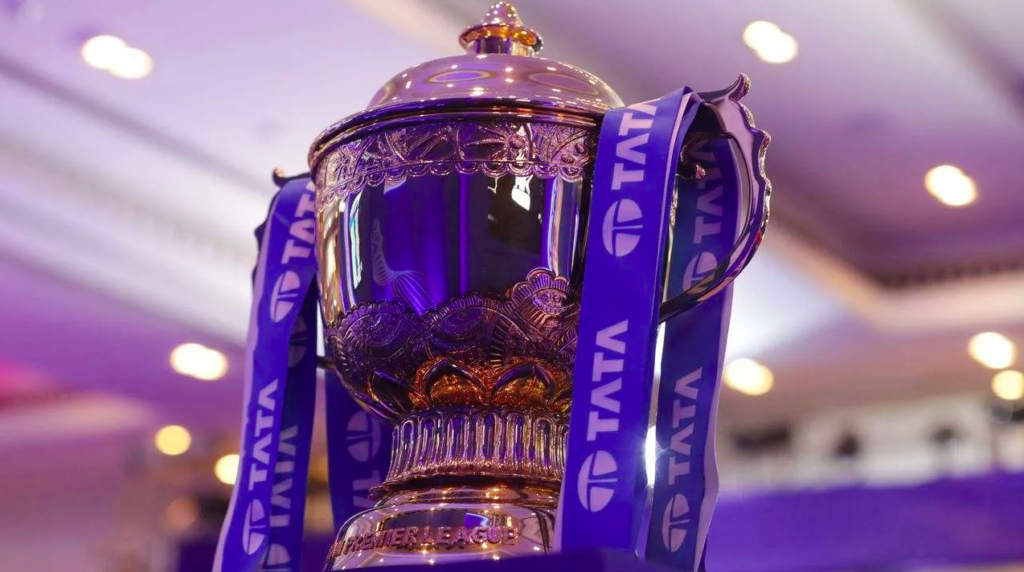Table of Contents
The 2022 edition of the IPL kicks off a two-month expanded window that is set to offer fans the biggest T20 carnival in the world. The 10-team tournament looms large upon us. But before that, here are all the details you need to know about the much-anticipated season.
Dates and tournament window?
The tournament starts on March 26 with the opening game between defending champions Chennai Super Kings and last year’s runners-up Kolkata Knight Riders. That starts off a 63-day tournament that concludes on May 29.
Nice! But what is the format?
Since the tournament is re-expanding to 10 teams after a decade following the inclusions of new franchises Gujarat Titans and Lucknow Super Giants, the Premier League is making a return to the group format. There are two virtual groups of five teams. Each team will play 14 league stage matches and contest to acquire the top four spots that will seal their playoffs berth.
The league stage campaign for all teams feature two games each against fellow group rivals, besides one team from the other group and a fixture apiece against the remaining teams.
Who is in which group and how were they slotted?
Group A features Mumbai Indians , Kolkata Knight Riders Rajasthan Royals, Delhi Capitals and Lucknow Super Giants, while Group B comprises Chennai Super Kings, Sunrisers Hyderabad, Royal Challengers Bangalore, Punjab Kings and Gujarat Titans.
These fairly even groups were finalised with an interesting metric by the BCCI and IPL governing council, which decided to give weightage to historic titles won and finals reached. Equally successful teams in the league’s history have found themselves in separate groups.
Subsequently, five-time winners MI and four-time champions CSK are in alternate groups. Joining MI in Group A are 2012 and 2014 holders KKR, inaugural season champions RR, 2020 finalists DC. Three-time finalists RCB, 2016 winners SRH and 2014 finalists PBKS feature in CSK’s group. The two new entrants LSG and GT are also placed in separate groups to equalise things.
Who plays whom in the cross-group encounters?
That, too, is based on historic winners. IPL governing council have decided to arrange cross-group twin fixtures between the most equally successful teams in the league’s history. It means despite the group format, fans will get to witness the CSK-MI rivalry twice during the league stage. Apart from CSK-MI, the other cross-grouped duals arranged as per this rule are KKR-SRH, RCB-RR and DC-PBKS apart from LSG versus GT.
No home and away fixtures
The league stage for the tournament will not follow the home and away split and will be played only at four designated venues in Maharashtra. Keeping in mind the still downsizing third wave of the Covid-19 pandemic, the BCCI had finalised Wankhede Stadium, DY Patil Stadium and Brabourne Stadium in Mumbai as well as the MCA International Stadium in Pune to host IPL’s league games.
While teams will not get to play half their games at home, there is an effort to create a level-playing field even with four grounds as sides will get to play an equal number of games at a particular venue. Each team will play four games apiece at Wankhede and DY Patil Stadiums and three games each at Brabourne and MCA Stadiums.
Other coronavirus measures and crowd allowances?
For now, the Maharashtra government has decided to allow grounds with 25% capacity crowds at each of the four stadiums. Among other Covid measures, the BCCI will impose stricter sanctions on individuals and teams that breach its Covid regulations and necessary SOPs in play for the tournament, including hefty sums of penalty, suspending players and deducting points from tournament tally on successive breaches.
What if a game gets suspended due to bubble breach?
In such a scenario, the BCCI and IPL authorities will do their best to reschedule the fixture within the tournament window. If that is not feasible, the IPL’s technical committee will decide the final fate of that fixture.
What about Covid affected individuals?
They will be isolated for a mandatory seven-day period. On the sixth and the seventh days of this phase, they will be retested for Covid. They will be allowed back inside their team’s biosecure bubble only if they give two repeated negative tests with no fresh symptoms in sight for the next 24 hours.


